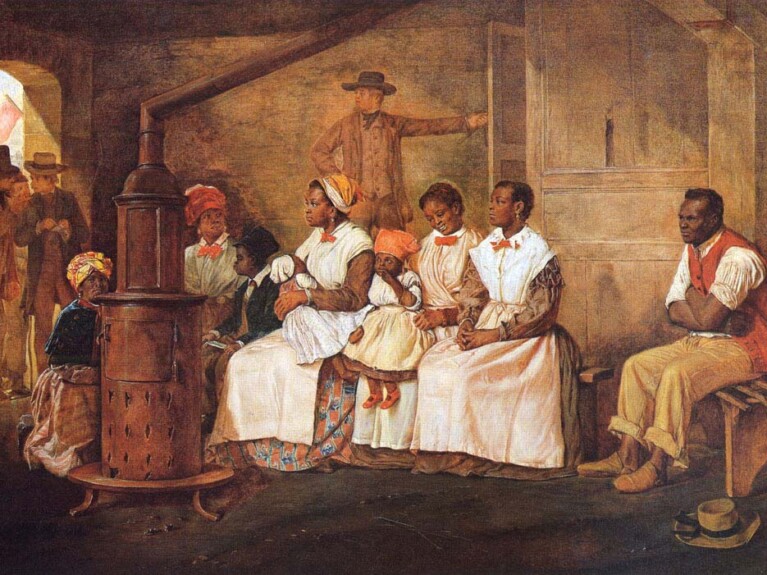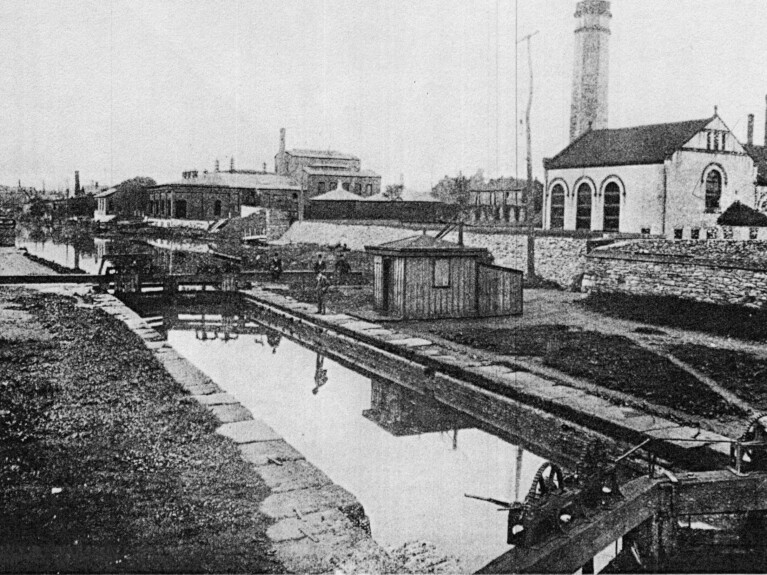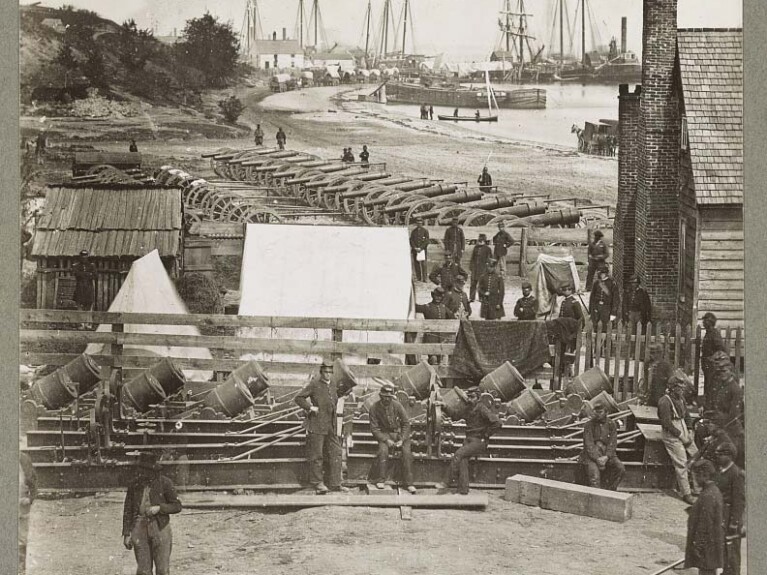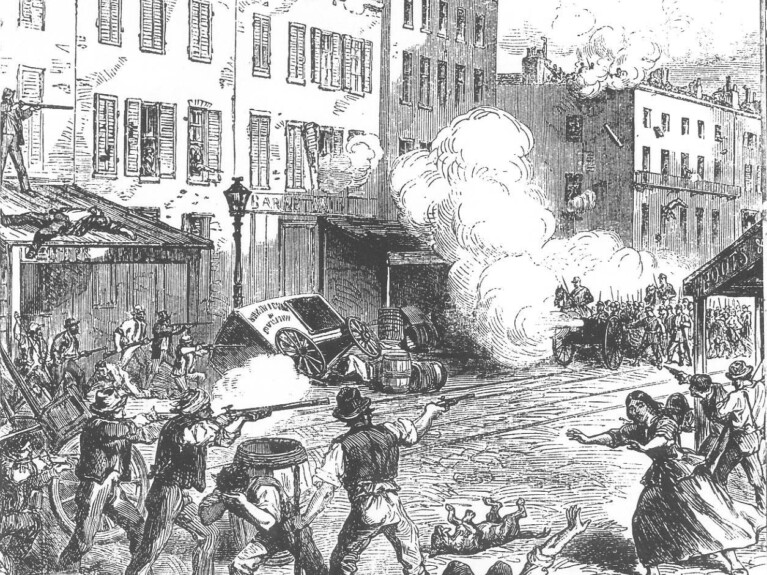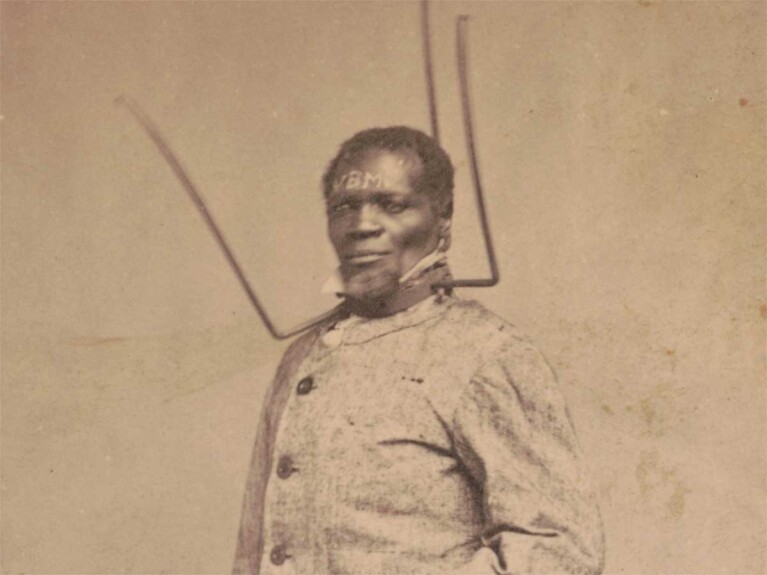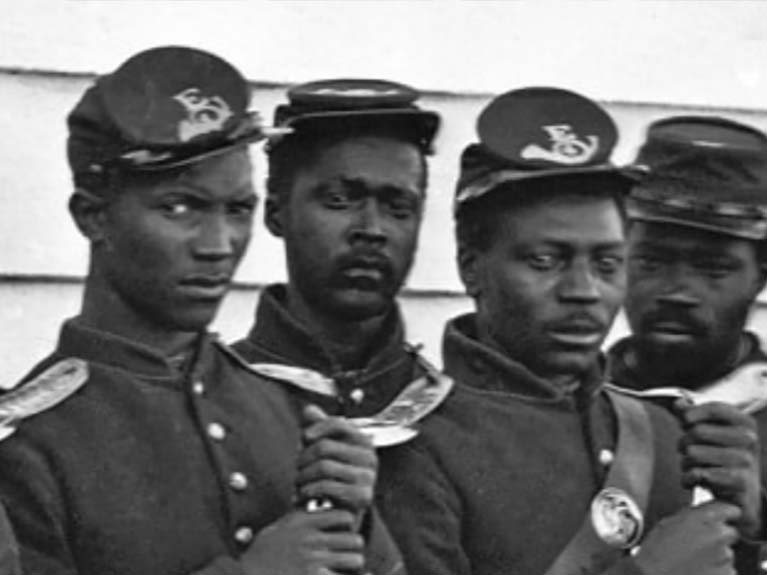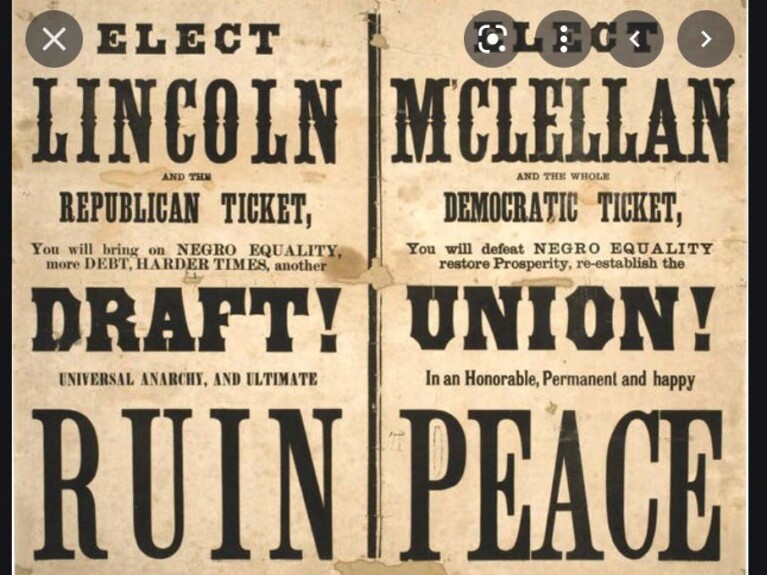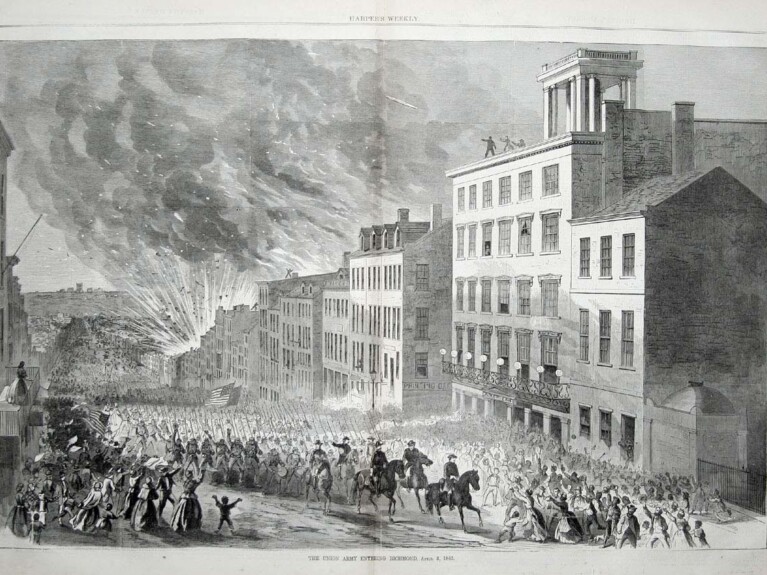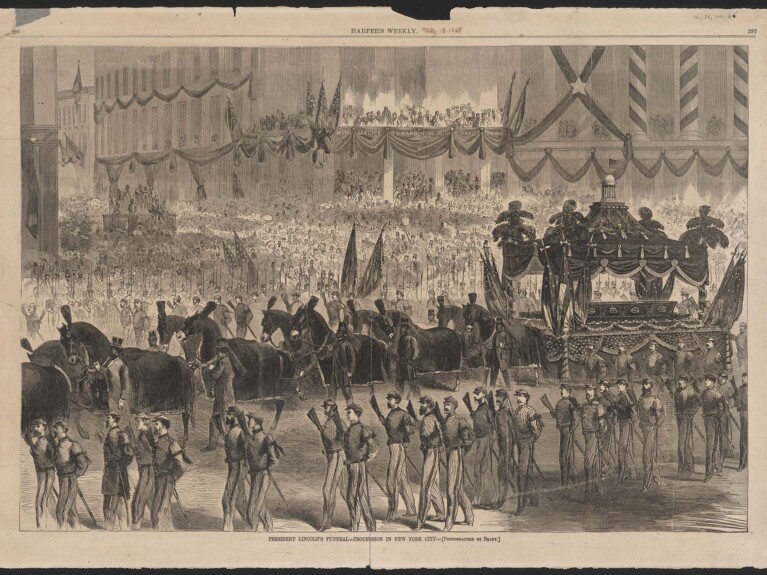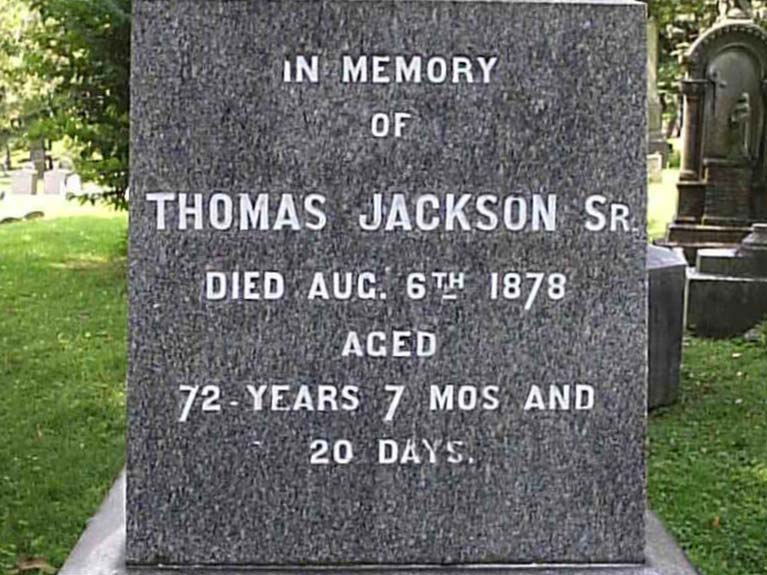Introduction to This Section
Here is a sample of the rich content covered by the 200+ varied items in the whole Thomas Jackson Collection. These represent the transcriptions of the original manuscripts and in this section some of them have been edited, shortened and highlighted for emphasis. However full scans and transcriptions of all the original letters can be studied in the Entire Resources section of this website.
Thomas Jackson’s eloquent and passionate letters sent to his relatives back in England remain the foundation of this collection. However, there are many other materials (especially newspaper articles and family letters) that give us a far deeper understanding of his personal life and mission.
In total, they provide us with vivid first hand accounts of living through the chaos of the civil war and also the risks, the hopes and the disappointments of leading a life dedicated to the abolition of slavery.
